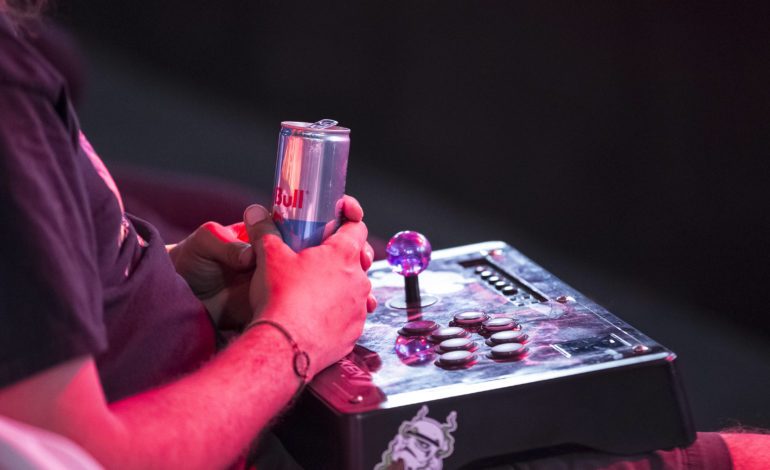

The World Cup 2018 in Russia is underway, and this world-class sport has evolved from the ancient competitive game football. The Similar social nature of video games makes esport come into our view.
Once upon a time, the esports industry was in a very embarrassing position in the investment market. Brands would hardly sponsor esports because they were still new to the world. Fortunately, since the blooming gaming market in recent years, sponsors, who once stayed out of the game, has begun to explore all the business potentials for their brand to be accommodated in esports.
As one of major esports sponsors, Red Bull shows its intention of domination. Early this year, Red Bull built the largest esports studio, the Red Bull Gaming Sphere, in London, U.K. Following a series of sponsorship, Red Bull started Red Bull Conquest Tournaments from April 28 to November 18 of this year.
“Those passionate gamers are potential customers,” said by Jimmy Nguyen, the tournament director who has been working for Red Bull Esport for three years, at the Red Bull Conquest Tournament last Saturday. Frankly, when consumers face products, they are more willing to choose well-known brands. For both traditional sports and esports, the “fan-effect” is the core element of the economic for both; sponsorship of esports can effectively increase consumers.
As the most influential social event nowadays, esports have a promotional nature for sponsors. Streaming host and commentator, Jeremy Lopez, who is more known by his alias “Vicious”, emphasized the exposure of esport sponsorship. “Billion of people from all over the world watch large esports events online,” Jeremy said. The World Championship of League of Legend in 2017, for instance, took place in Beijing Olympics Stadium and had more than 360 million people watching. Faced with such high exposure, investing in the esports industry can quickly expand any company’s brand awareness.
“Esports offer a fair chance for people to achieve perfection, and it’s not just about winning but to also have a sense of including the community,” Mark Tucker, a pro player of Street Fighter V, said. “During my professional game career, I made lots of friends online or offline. The competitive nature of esports really promotes me to empathize with others. Even though the game is competitive, people still get bonded together because we all try to understand each other.”
Through sponsorships, companies like Red Bull can deeply spread its brand into esports and consumers’ minds with its support of an esports community. It turns huge profits for the company and it also keeps the esports community growing.
Play games, take surveys and take advantage of special offers to help support mxdwn. Every dollar helps keep the content you love coming every single day.
